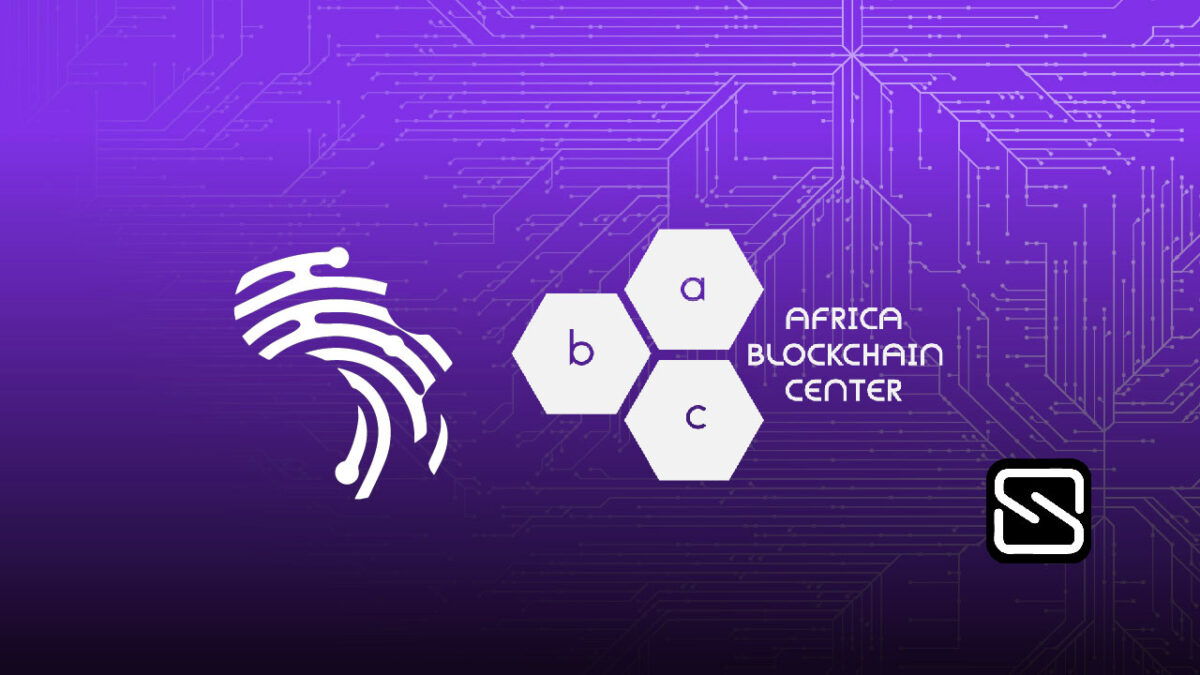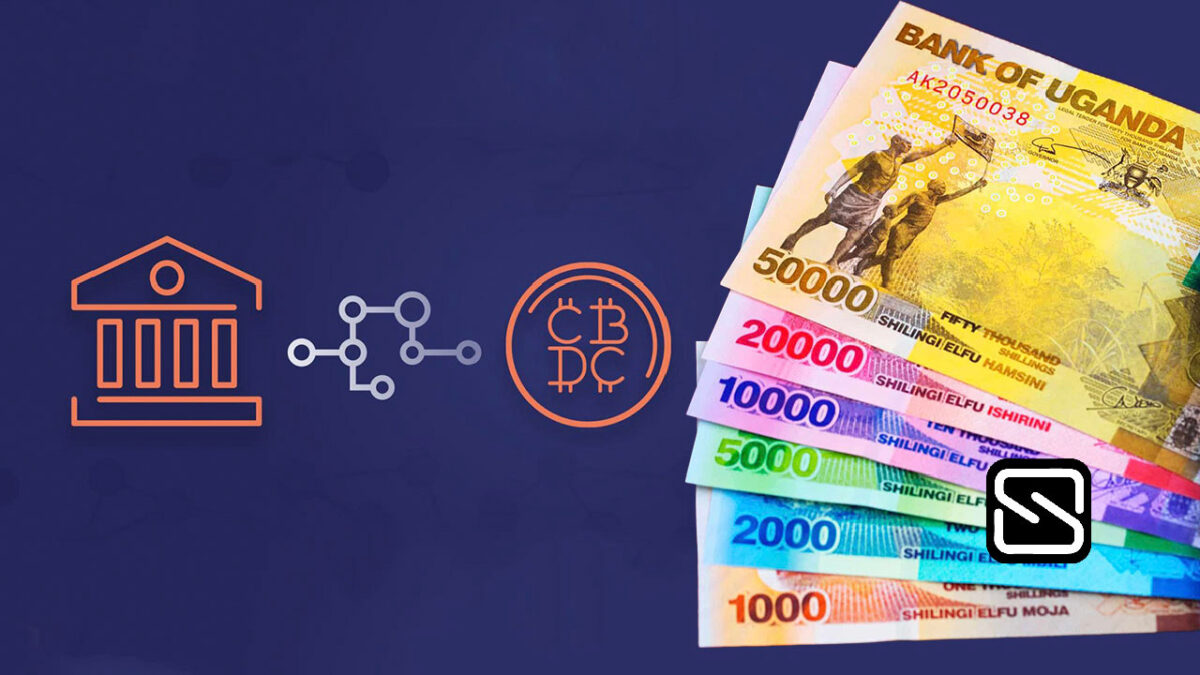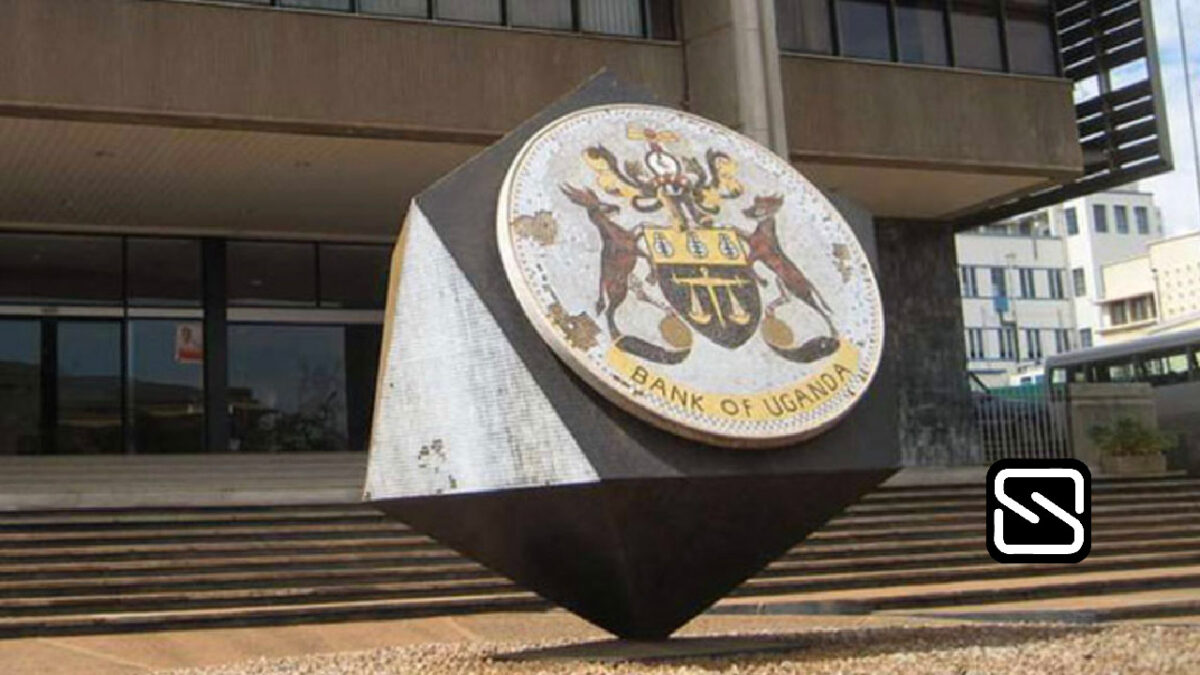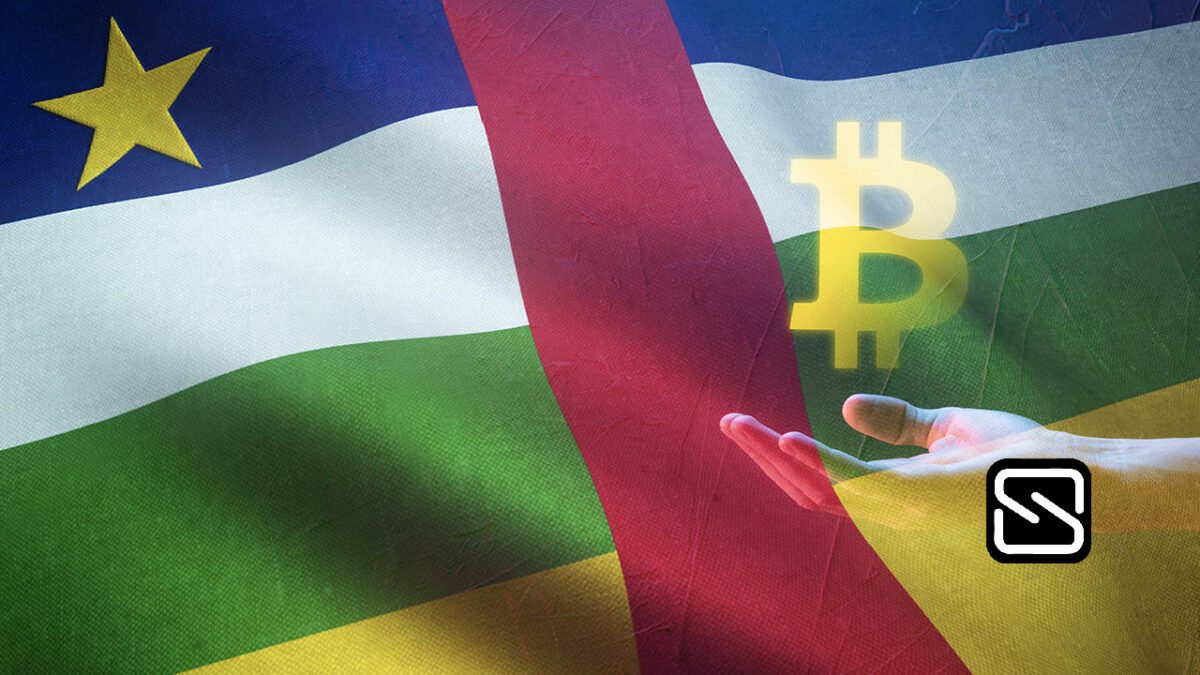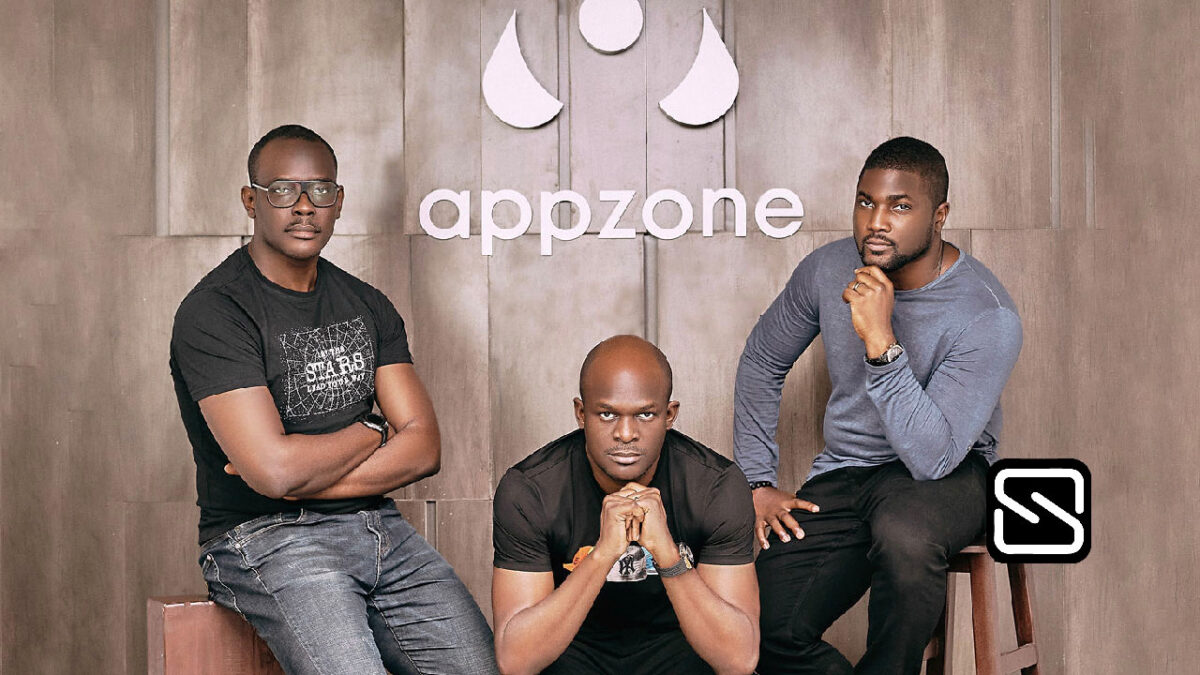The initial coin offering that served as the cornerstone of the launch of the Binance cryptocurrency exchange in 2017 is getting a fresh look from federal regulators, the Securities and Exchange Commission (SEC).
The Securities and Exchange Commission, according to anonymous sources quoted in a Bloomberg report today by Tom Schoenberg, is looking into the origins of the exchange’s Binance Coin (BNB) for possible securities law breaches. Binance has surpassed all other cryptocurrency exchanges in terms of trading volume since its establishment in 2017.
The announcement of the government regulatory investigation comes after Reuters reports on the findings of a separate investigation, claiming that at least $2.35 billion in illicit funds were laundered through Binance between 2017 and 2021.
Another tangent involving CZ is also being investigated by the regulatory authorities. The same was highlighted in a Bloomberg report, which stated,
Another source familiar with the investigation claimed the SEC is also looking into market-making firms linked to Zhao, the Binance CEO commonly known as CZ. According to the individual, the SEC is interested in Zhao’s ownership shares in market makers on Binance.US and if the exchange has engaged in broker-dealer activities.
Investigators are also examining if the 2017 initial coin offering amounted to the sale of a security that should have been registered with the agency.
Binance, however, declined to comment on the latest development but assured that it would continue to meet regulatory standards.
“It would not be appropriate for us to comment on our ongoing conversations with regulators, which include education, assistance, and voluntary responses to information requests.”
“We will continue to meet all requirements set by regulators,” the company added.
BNB, the fifth largest crypto, began trading in red right after the news broke. It is now down by 6% to $283 as of this writing.

